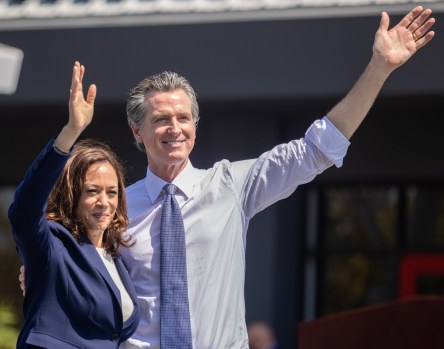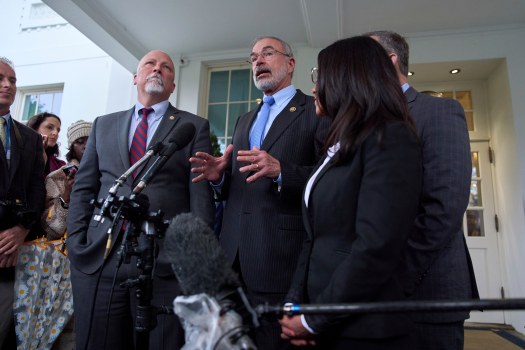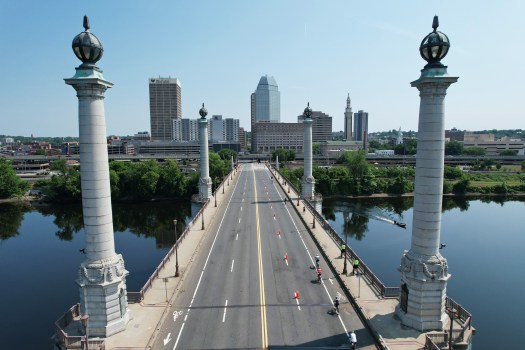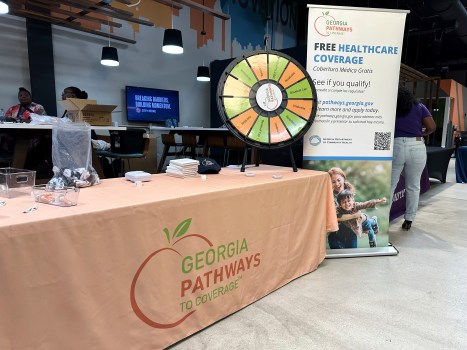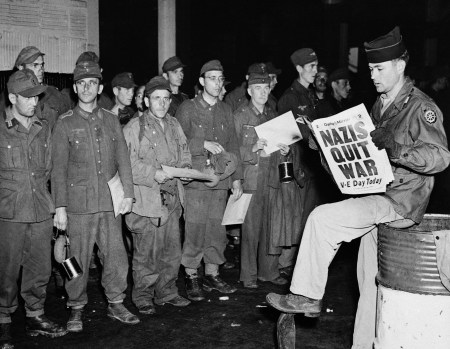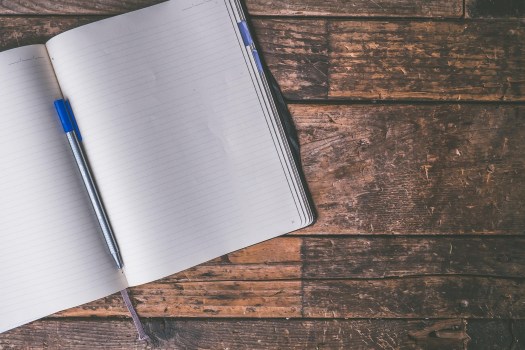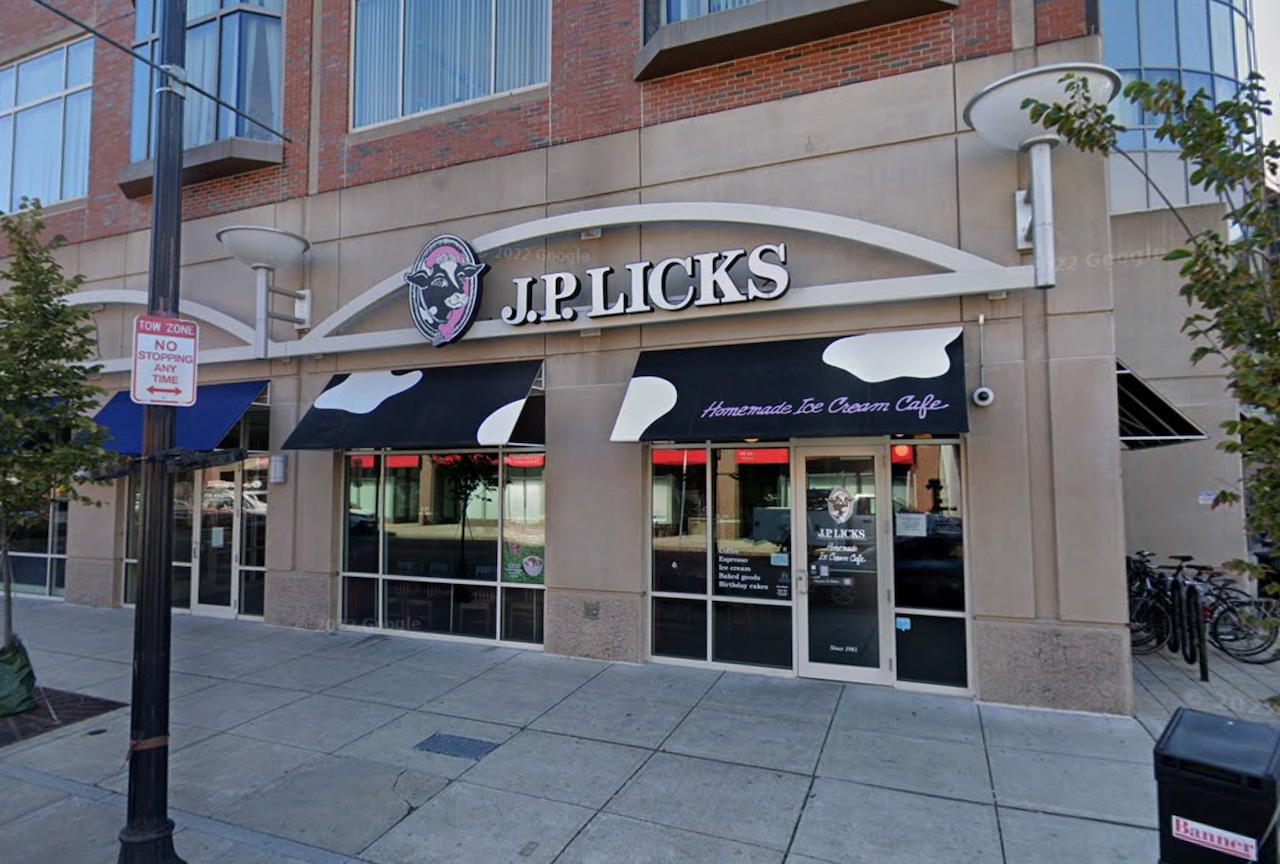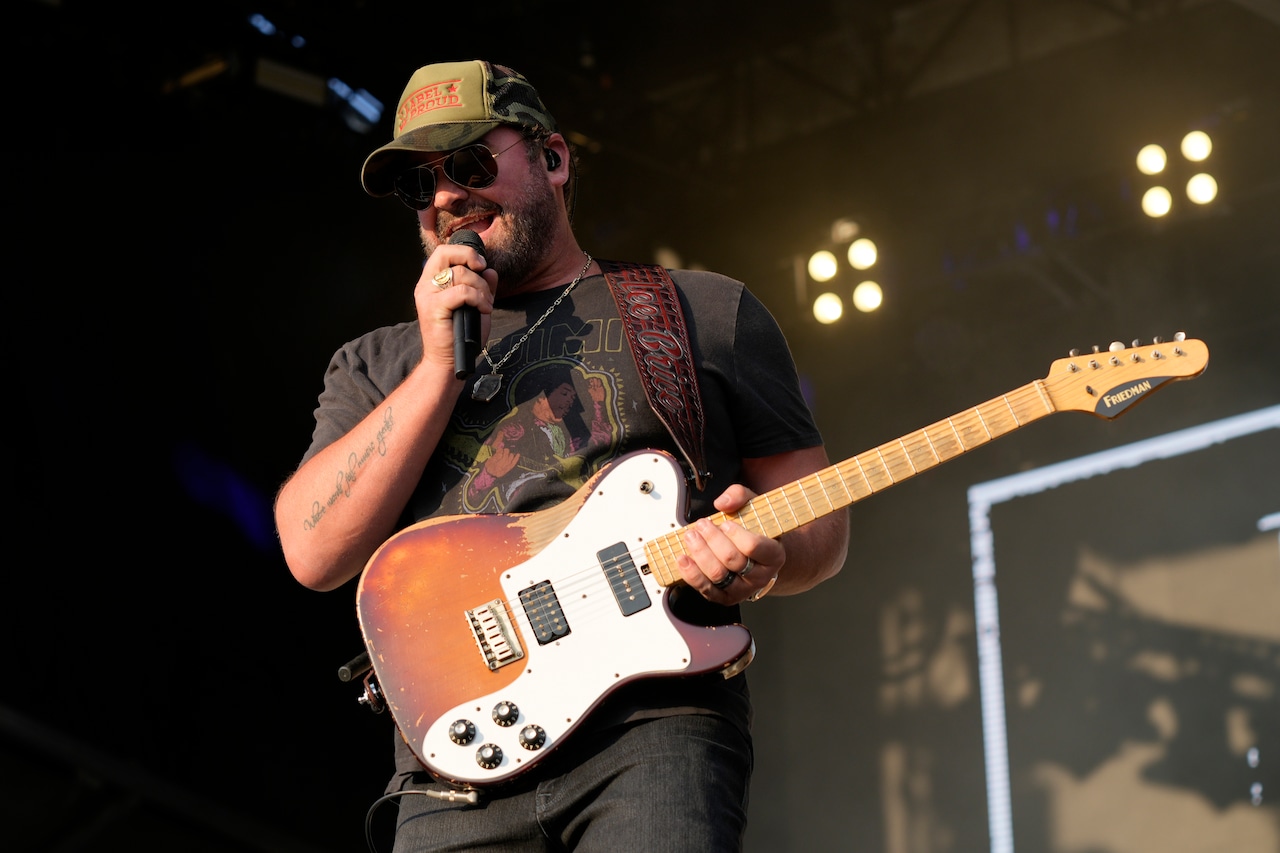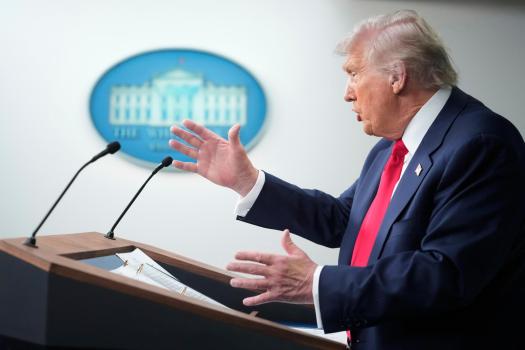The 2026 midterm elections will be over in just over a year, and all eyes will be on the 2028 election.
New polling indicates that the contest for the Democratic candidacy is quite open, but it is still unclear who will be at the top of either party’s ticket.
The apollof Democratic Primary voters, which Emerson College just released, were insightful in their assessment of a party still in quest of a standard bearer.
Former Transportation Secretary Pete Buttigieg is leading the field with 16 percent of the vote, followed by former Vice President Kamala Harris with 13 percent and California Governor Gavin Newsom with 12 percent.
Now, these figures should be considered in light of the fact that voters may find it challenging to choose a candidate when the primaries start in two and a half years.
Nonetheless, surveys are a useful tool for capturing the mood of the voters at a specific moment, and there are three main conclusions to be drawn from Emerson’s data.
First, there is a lot of competition for the Democratic nomination in 2028.
Despite having a large number of well-known candidates, no Democrat has been able to stand out from the crowd.
Numerous respondents (23%) stated they were unsure, and Buttigieg’s 3-point lead is comfortably within the survey’s 5-point margin of error.
It is also important to note that, according to the Emerson poll, Buttigieg did not win a single vote from Black voters, who make up the core of the Democratic Party.
The second conclusion is that the poll shows a desire for new faces, which Harris does not share, with Rep. Alexandria Ocasio-Cortez (7%) tied for fourth place.
Along with Sen. Bernie Sanders’ comparatively successful presidential candidacy and Zohran Mamdani’s unexpected win in the Democratic primary in New York, it also shows the growing power of the Democratic Party’s progressive wing.
This wing’s increasing influence creates opportunities for several younger Democrats, further complicating matters and making it difficult for any one candidate to establish themselves as the party’s standard bearer prior to 2028.
The poll’s findings about Kamala Harris, Gavin Newsom, and their disparate political prospects constitute the third key point.
One might have anticipated Harris to be leading early polling, which typically reflect name recognition more than anything else, given her expertise, name recognition, and how near she was to winning in 2024.
In a same vein, Newsom’s recent shifts toward the center on important topics and his podcast appearances by right-wing figures have been seen as detrimental to his primary standing.
Despite this, Newsom’s overall California numbers have improved, and he is now essentially tied with Harris in the Emerson survey.
According to a UC Irvine poll conducted in early June, less than four out of ten California voters (36%) were satisfied with Newsom’s performance as governor.
On July 2, UC Irvine published a follow-up poll that gave Newsom a 56% favorability rating. Although it is not a perfect comparison, it does demonstrate that despite any concerns regarding his effectiveness on the job, he is still viewed favorably by others.
On the other hand, several reports documenting Harris’s lack of excitement have surfaced in recent weeks.
Many Democratic contributors aren’t thrilled about Harris’ possible comeback to politics, as one politician highlighted.
One significant donor expressed to the outlet their concern that she would reopen the wounds from her 2024 loss if she were to run again.
In reference to Harris’s concealment of former President Biden’s cognitive impairment while in office, another said, “Kamala just reminds you we are in this complete (expletive) storm.”
Similarly, Harris’ 2024 campaign focused more on opposing Trump than on her own ideas. Voters may still be unsure of her beliefs and the policies she would pursue because she only briefly discussed a handful of her own proposals for the economy, immigration, and foreign policy.
When combined, Harris’ lower-than-expected polling and declining support for a second presidential bid could encourage her to run for governor of California.
Although there has been much discussion about that prospect, it has been hypothesized that Harris’s decision to not announce nor deny her possible candidacy is an attempt to keep her options open for a second run for the presidency.
It is generally believed that Harris would have a significant edge if she were to run for governor, and almost all surveys indicate that she would probably win.
Nevertheless, although they are less obvious, the same problems she has with national polling are also evident in state polling.
When given the option between Harris and an unidentified Republican for governor, just 41% of California voters selected Harris, while 29% supported the Republican, according to the UC Irvine poll quoted earlier.
In California, 3 out of 10 voters stated they would not cast a ballot (14%), or they were unsure (16%).
Of all the candidates Emerson tested, Newsom probably stands to gain the most if Harris determines that Sacramento is a better option than running for the White House.
Buttigieg is well-liked, but his national reputation and fundraising skills are far less impressive than Newsom’s, which he has demonstrated to be fairly good at.
Ocasio-Cortez is considered by many to be too far to the left of the political spectrum to be a serious contender for president.
Additionally, although though Josh Shapiro, the governor of Pennsylvania, is a popular figure in a swing state and is tied with AOC at 7%, his appeal to a primary base that is becoming more and more far-left could work against him, as it did when Harris chose not to choose him as her running mate last year.
These polls will almost certainly fluctuate significantly between now and 2028, particularly if Harris successfully withdraws from the race by pursuing a gubernatorial candidacy.
Furthermore, as was the case with former President Obama in 2007–2008, it is absolutely feasible that someone not listed in this survey will emerge.
Thus far, however, the evidence is compelling. While Newsom might be stronger than first thought, Harris is far more susceptible than a former vice president should be.
Douglas Schoen has been a political strategist for Democrats for a long time.
